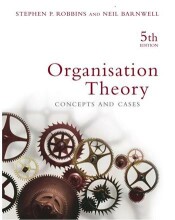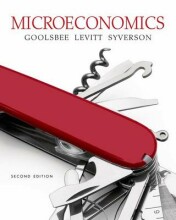Spradley article
17 important questions on Spradley article
What are the 4 stages of the rapport process according to Spradley?
2. Exploration (when rapport begins to be established)
3. Cooperation (mutual trust is established)
4. Participation (interviewee feels his role is as teacher to the researcher)
What 2 processes is ethnographic interviewing comprised of?
2. Eliciting information - fosters the development of rapport
What is the only universal characteristic of rapport?
- Higher grades + faster learning
- Never study anything twice
- 100% sure, 100% understanding
What questions are most useful in the apprehension stage?
What are the 3 important principles that facilitate the rapport-building during the exploration stage?
2. Restate what informants say - reinforces what has been said by way of explanation, shows interest and restates non-judgemental attitude
3. Don't ask for meaning, ask for use - questions about meaning have a hidden judgmental quality to it, as if the informant hasn't explained well enough
What are the 3 different ways to discover questions when studying another culture?
2. Inquire about questions used by participants in a cultural scene
3. Ask informants to talk about a particular cultural scene
What 3 strategies do Black and Metzger suggest in order to inquire about questions?
2. to ask the informant: what is a question to which the answer is....?
3. To ask the informant to write a text in question-and-answer form on some topic of interest to the investigator
What are the different types of descriptive questions?
2. Mini-tour questions
3. Example questions
4. Experience questions
5. Native-language questions
What are the different types of grand tour questions?
2. Specific - most recent, within a certain time frame, etc.
3. Guided - actual guided tour
4. Task-related - informant performs simple task to aid description (e.g. draw a map)
What is the key principle in asking descriptive questions?
What is a grand-tour question?
What is a mini-tour question?
What are the disadvantages of experience questions?
2. They tend to elicit atypical events rather than routine ones
In what 3 ways can an ethnographer insert native-language queries into an interview?
2. Hypothetical-Interaction questions - make a hypothetical scenario and ask how they would speak to...
3. Typical-Sentence questions - ask for typical sentence that uses a certain word or phrase
What are the different types of conversational management probes?
- confirmation
- clarification
- sequence
- continuation
- elaboration
What are the 2 types of credibility probes?
- slant probes
Why is the internet not a neutral place?
- Some groups of people are less familiar with the internet
The question on the page originate from the summary of the following study material:
- A unique study and practice tool
- Never study anything twice again
- Get the grades you hope for
- 100% sure, 100% understanding






























